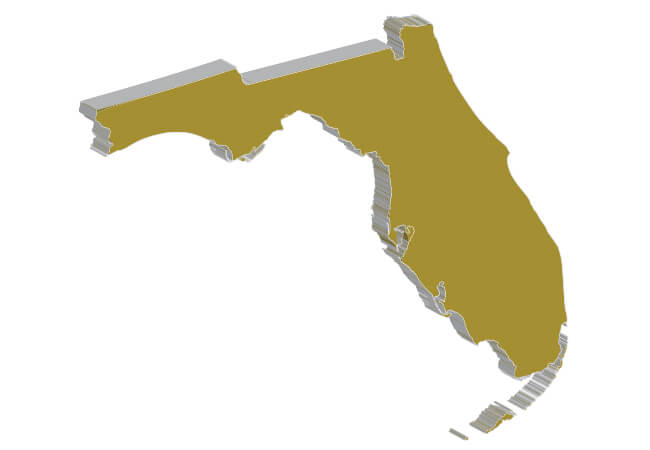
Mar 18, 2020
New Law Soon to Provide Floridians Better Health Care Options

After decades of legislative efforts in Florida, both the House and Senate passed bills that will provide the state’s 21.5 million residents with significantly improved access to care from advanced practice registered nurses. On March 11, Gov. Ron DeSantis signed the law that creates a pathway for full practice authority for both nurse practitioners and certified nurse-midwives.
Though the law does not take effect for several months, the current health crisis with the novel coronavirus might well have been on lawmakers’ minds, as they quickly passed measures that had long been considered—but not passed—and which the governor immediately signed. As of July 1, qualified nurse practitioners will not be required to be under the supervision of a physician when providing care, a move that will allow a far greater number of highly qualified practitioners to treat more people.
House Bill 607 was championed by House Speaker Jose Oliva.
“Floridians’ access to quality health care is our top priority,” Oliva said in a news release, according to the Associated Press. “Freeing (advanced practice registered nurses) of the red tape that has historically stopped them from working to the full extent of their education and training will immediately improve access to quality care for all.”
Others contributed to the success of the bill, including the Florida AARP office, which was part of a broad coalition of businesses, insurers and others that came together in support.
“As Florida continues to grow and our residents enjoy longer lives, it’s important that they have access to high-quality health care practitioners,” said Jeff Johnson, AARP’s Florida state director. “Enabling advanced registered nurse practitioners to help patients to the full extent of their training is an essential element of providing Floridians access to good health care. We’re grateful that the state agrees.”
The Florida state director of Americans for Prosperity, Skylar Zander, another organization that supported the proposal, said in a statement: “Removing barriers to allow registered nurses to do what they are trained to do is good for patients, good for doctors, and good for the economy.”
The legislation says that advanced practice registered nurses with at least 3,000 hours of experience under a physician can provide care unsupervised. Nurse practitioners would have to complete minimum graduate level coursework in differential diagnosis and pharmacology.
Since the Future of Nursing: Campaign for Action began, nine states have removed statutory barriers that had restricted patients from having direct access nurse practitioners and other advanced practice registered nurses. Florida joins six additional states that have made substantial improvements to increase consumers’ access to care. CCNA runs the Campaign, also an initiative of AARP Foundation, AARP, and RWJF.
View the current activity on removing barriers to practice and care two-pager.
